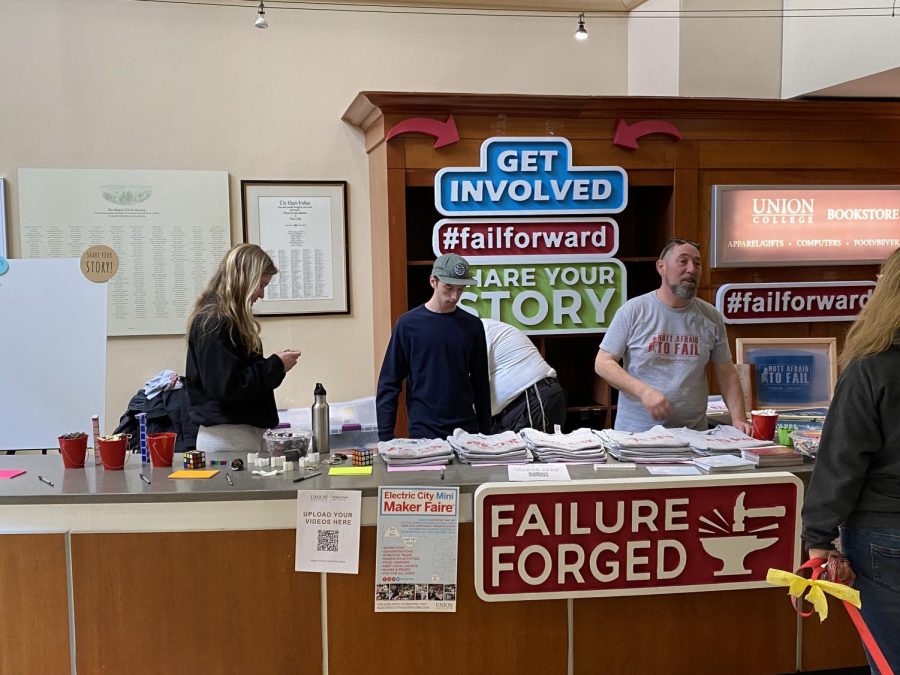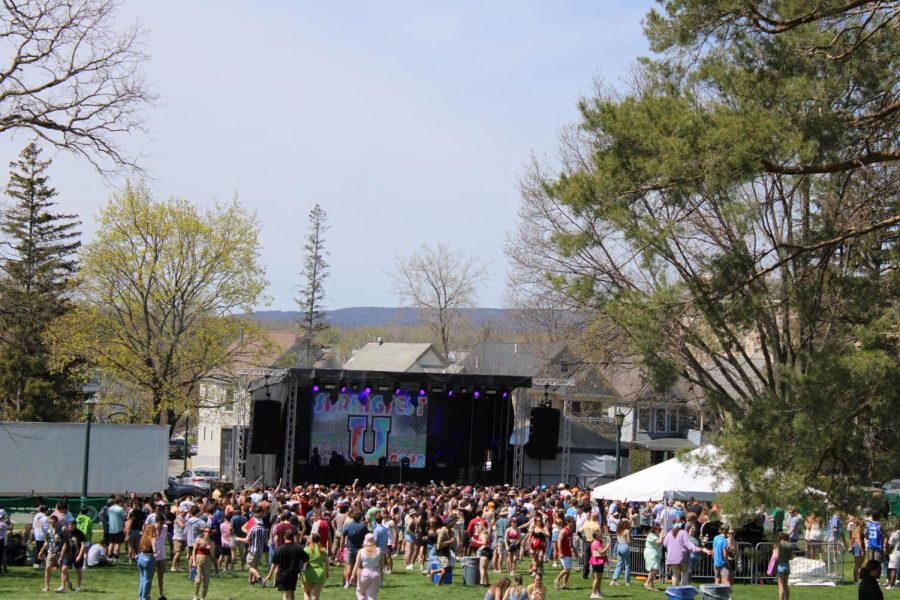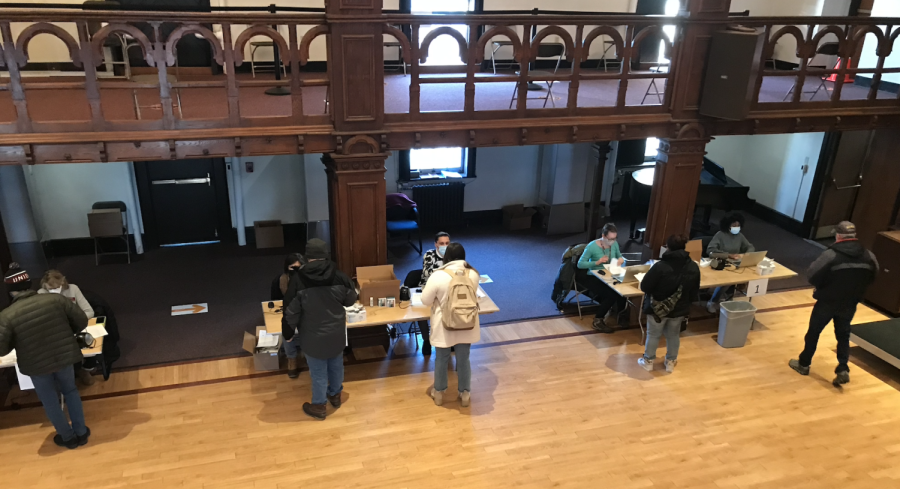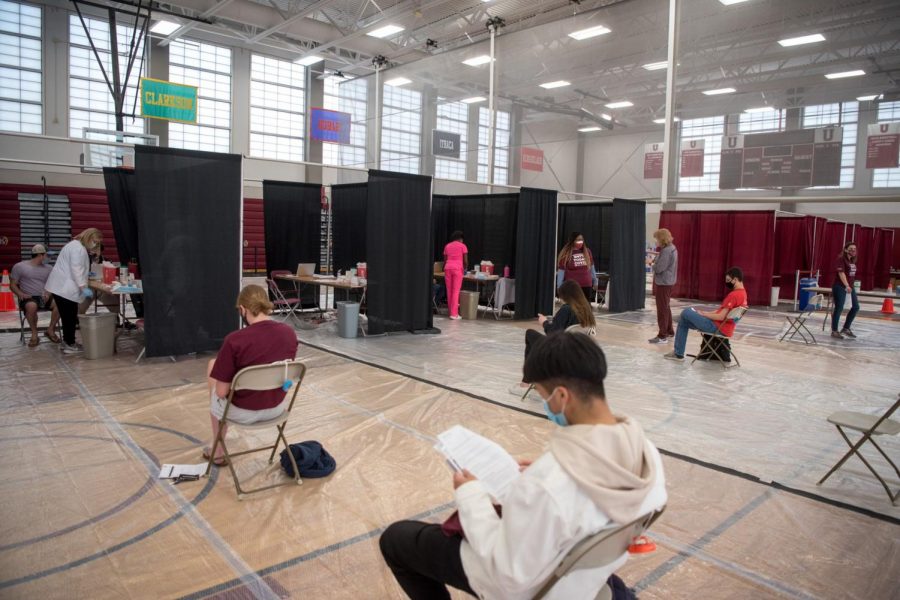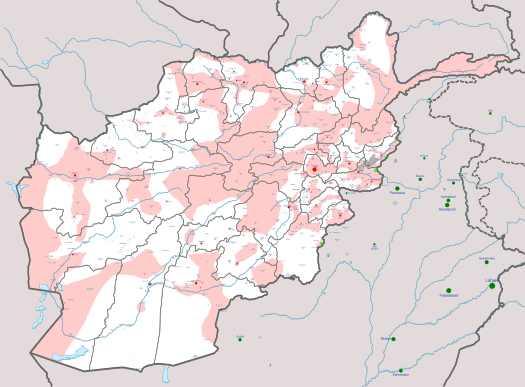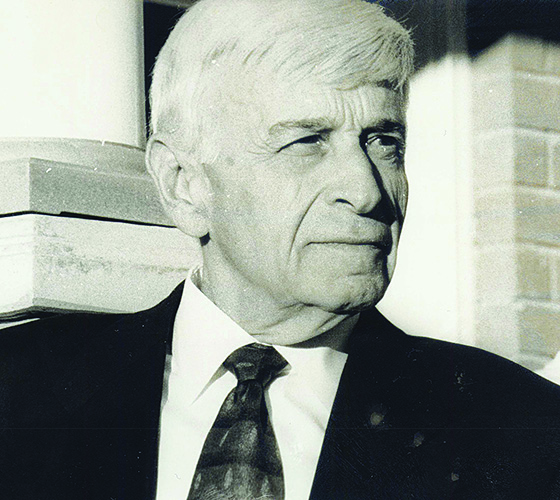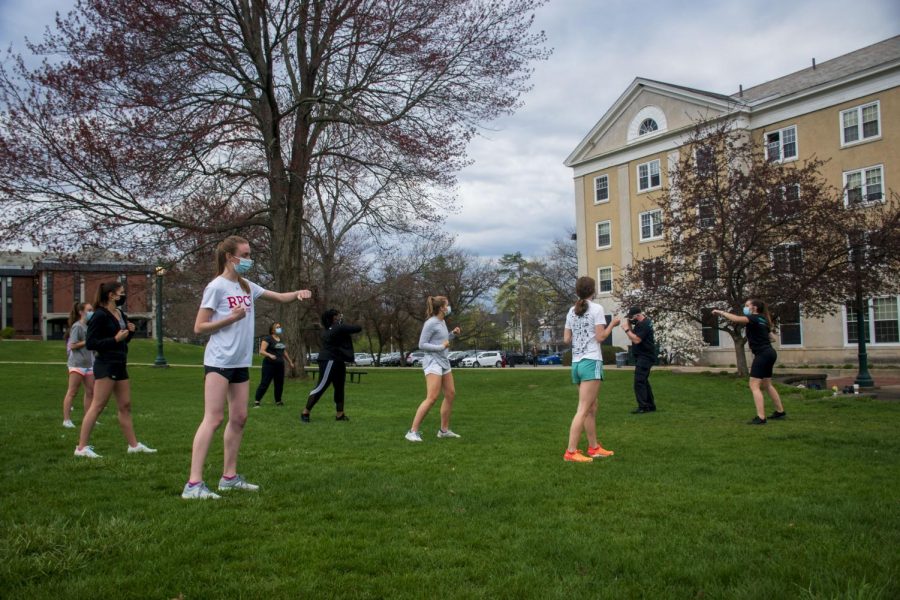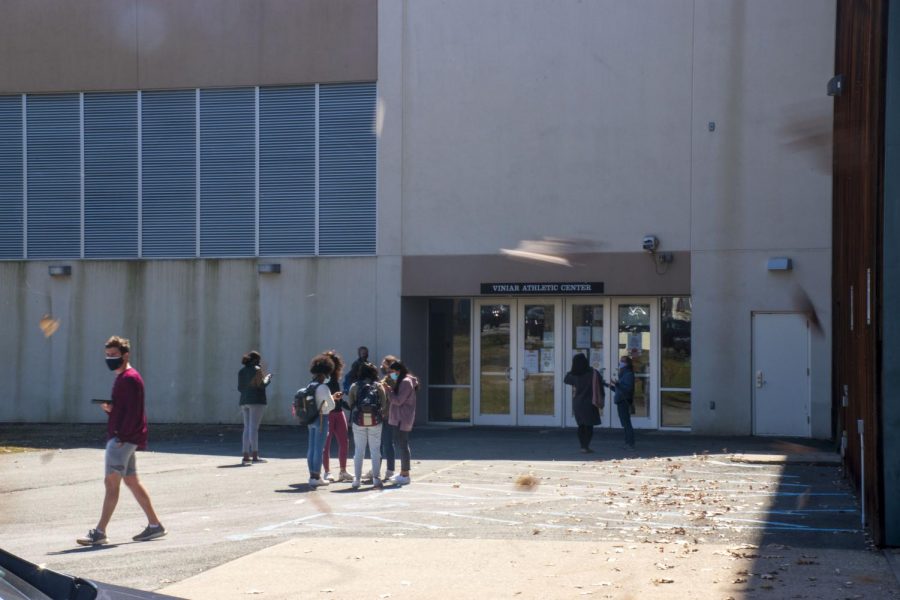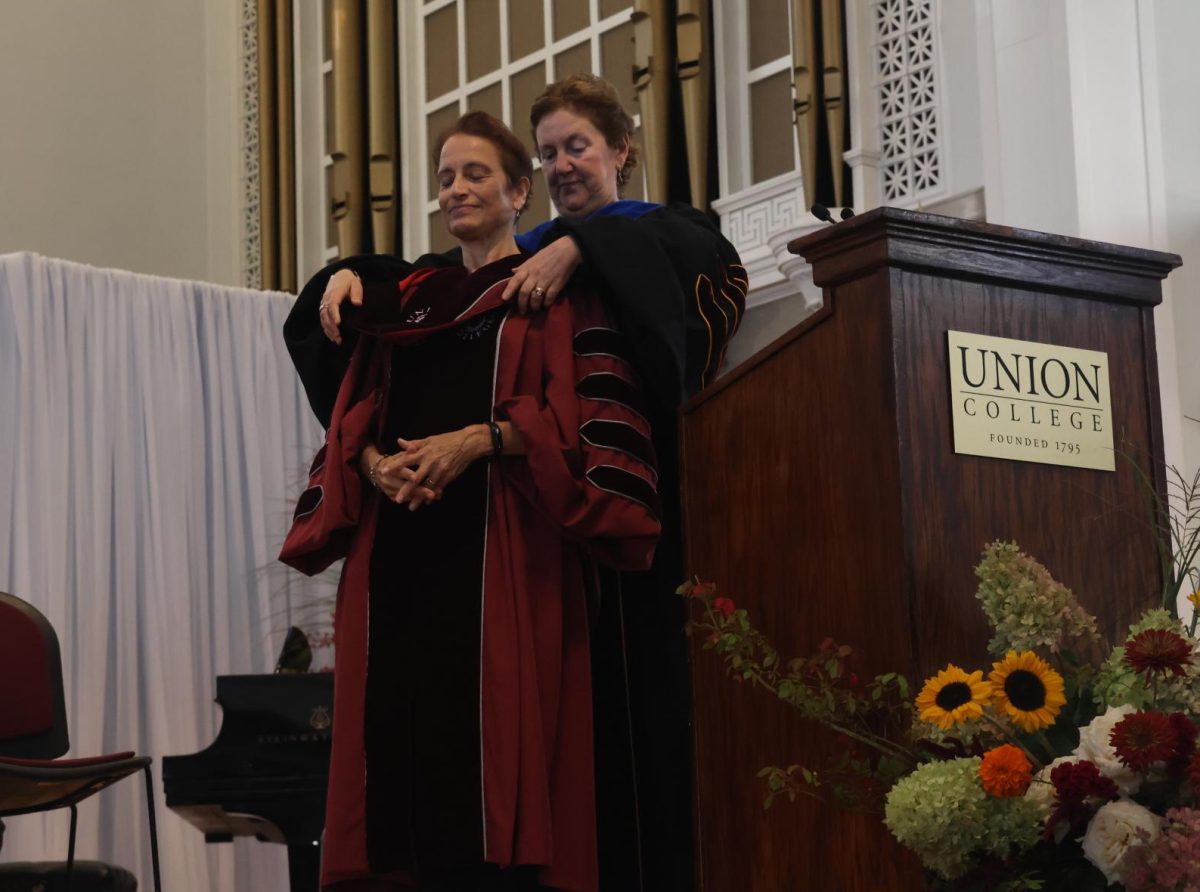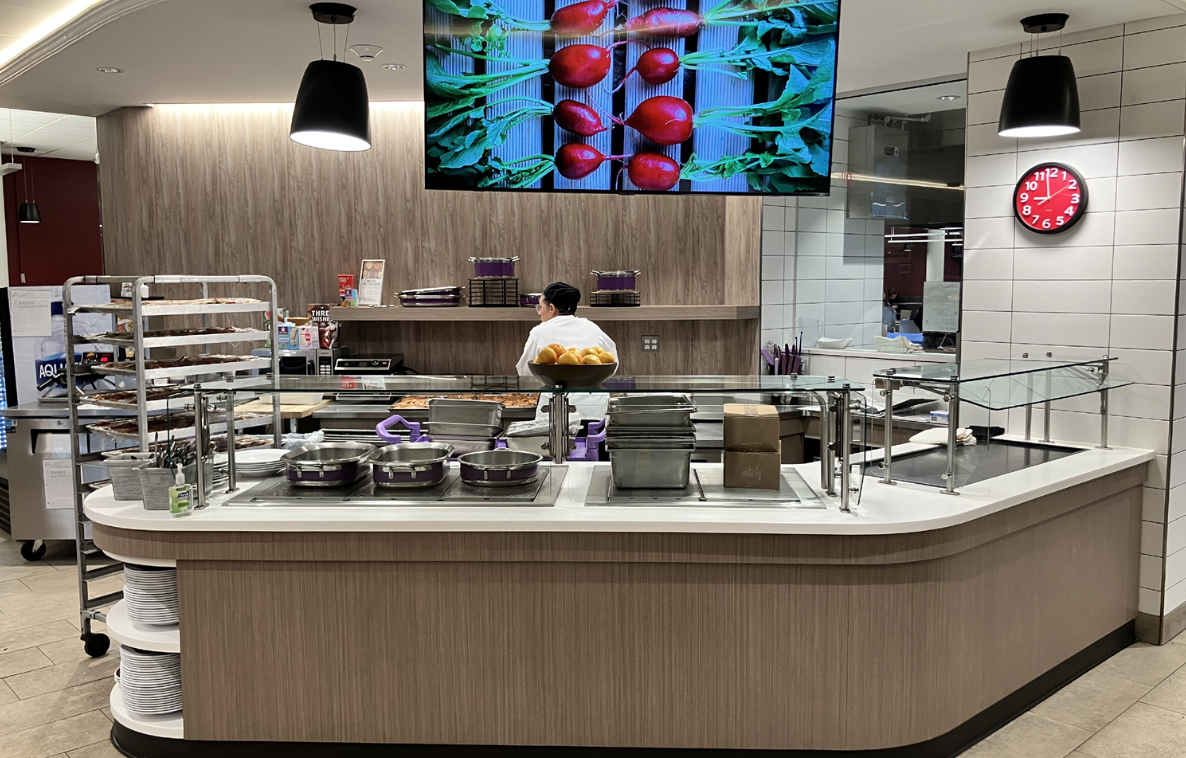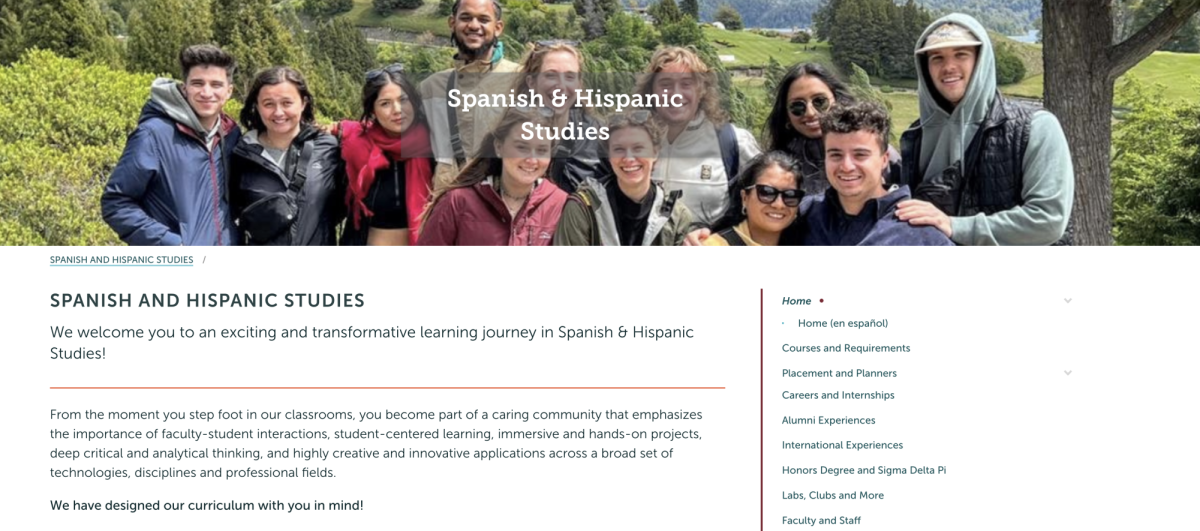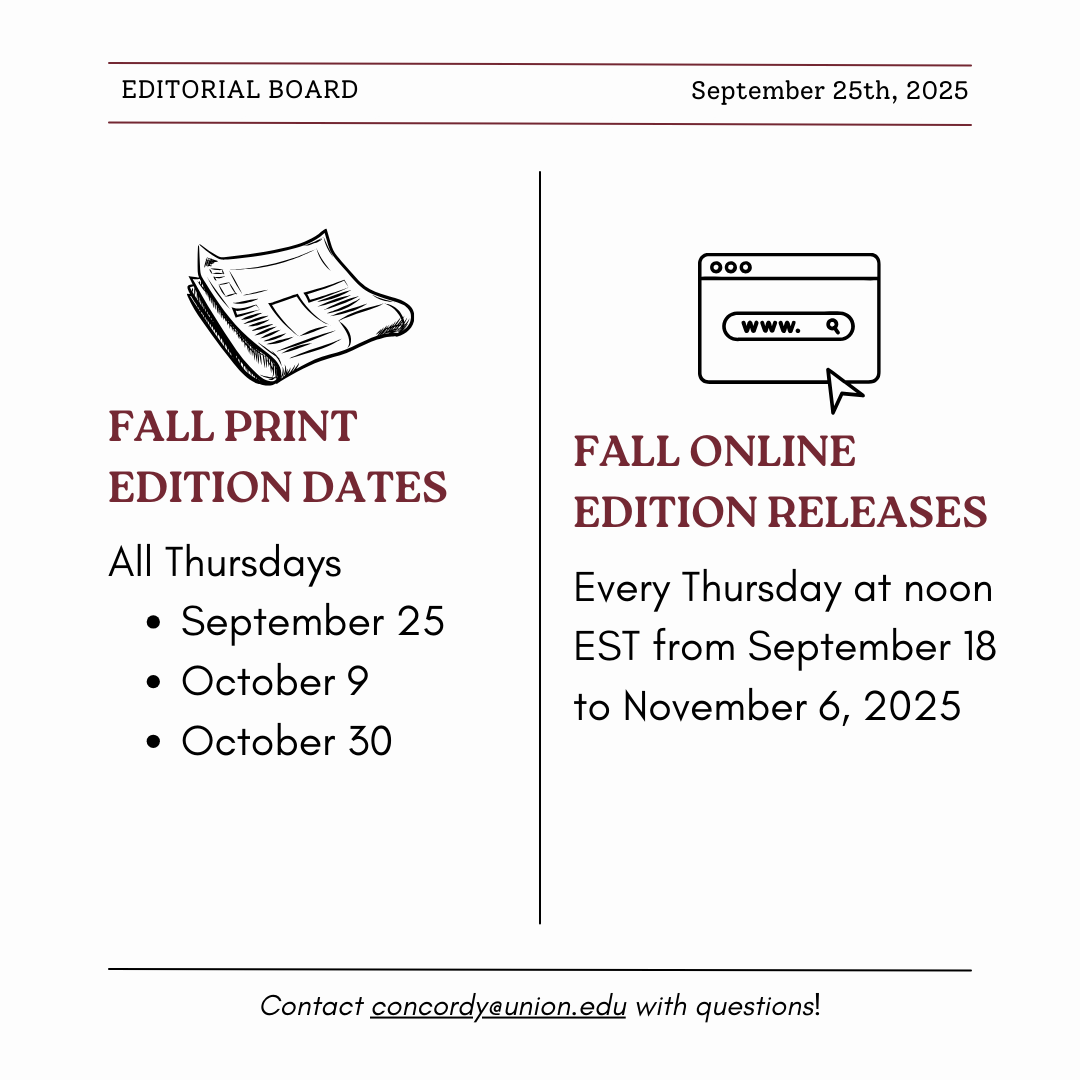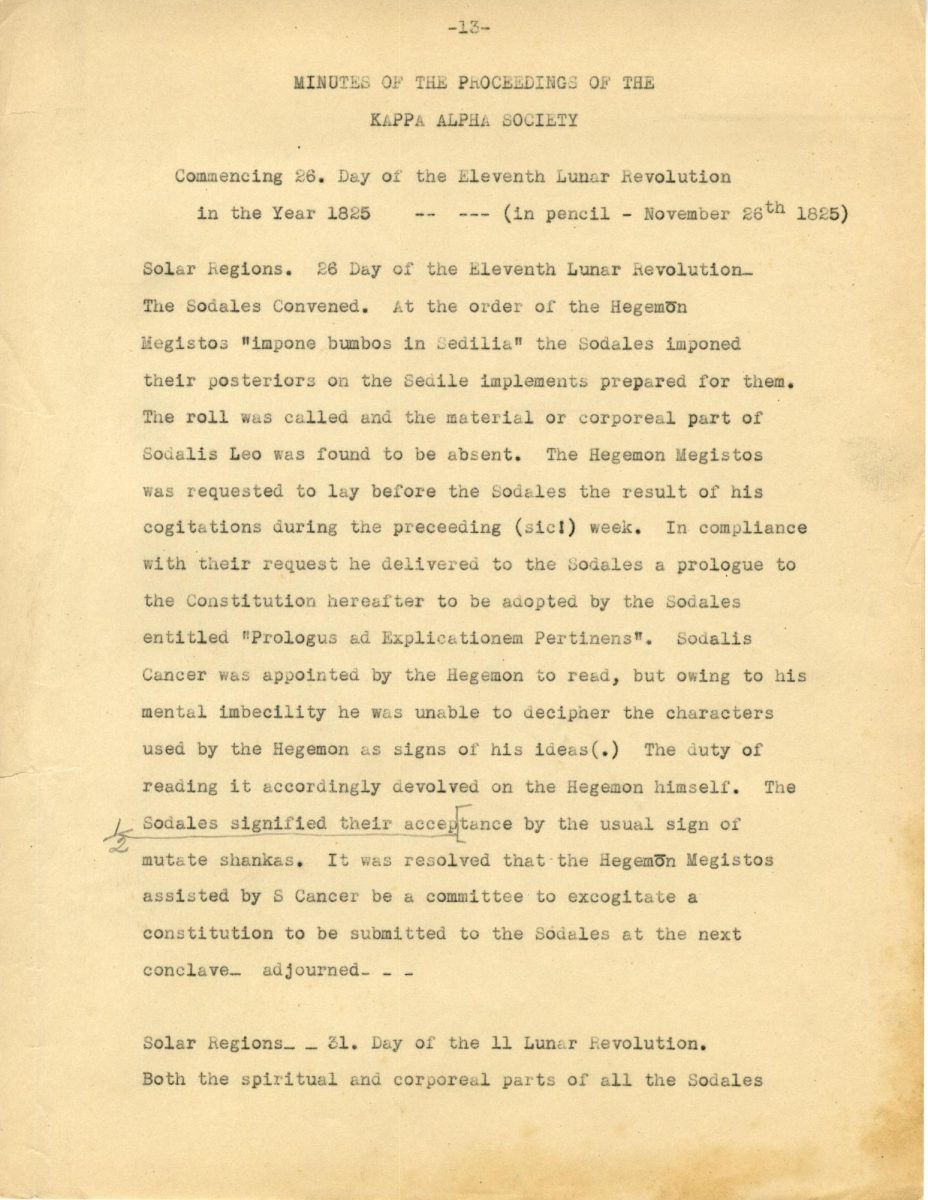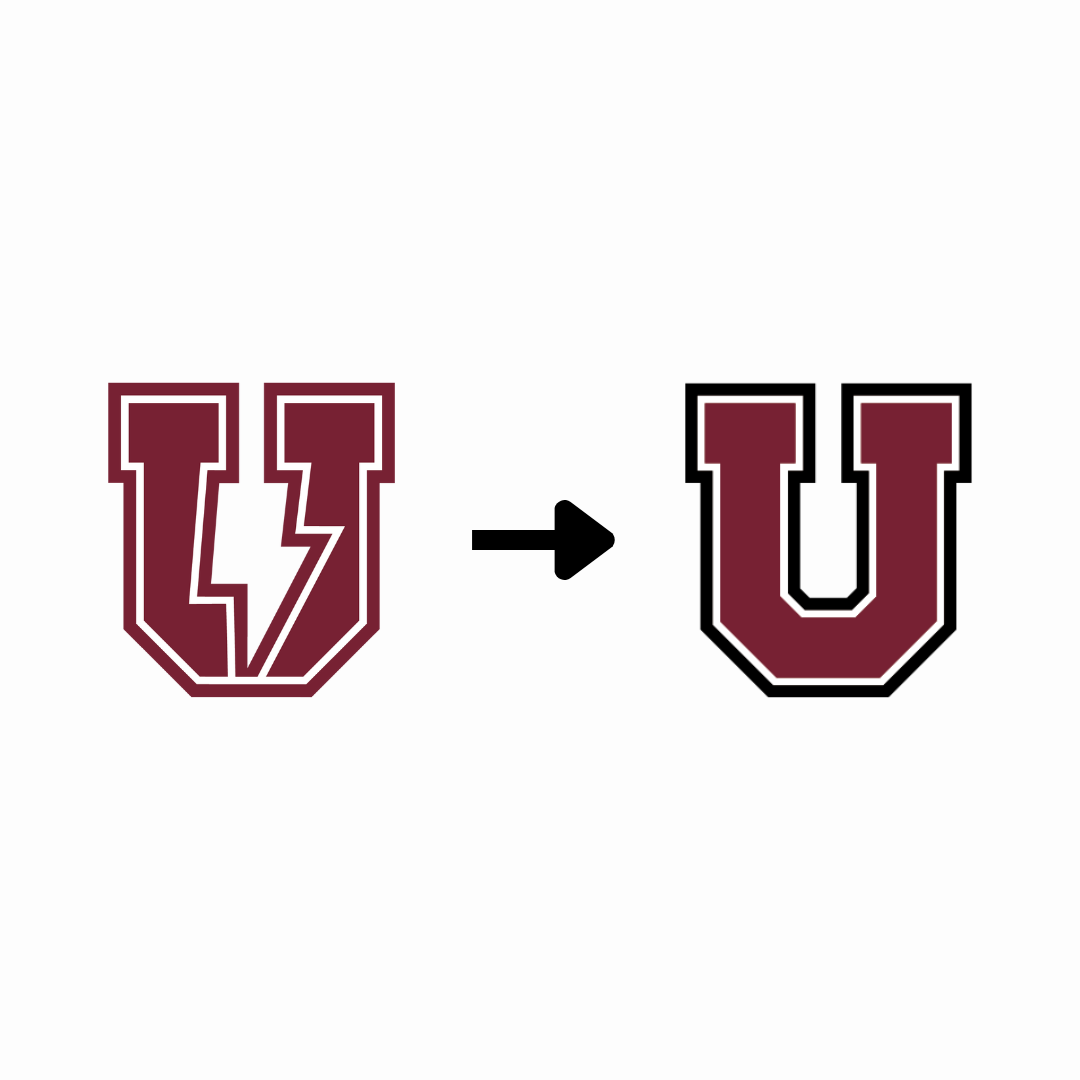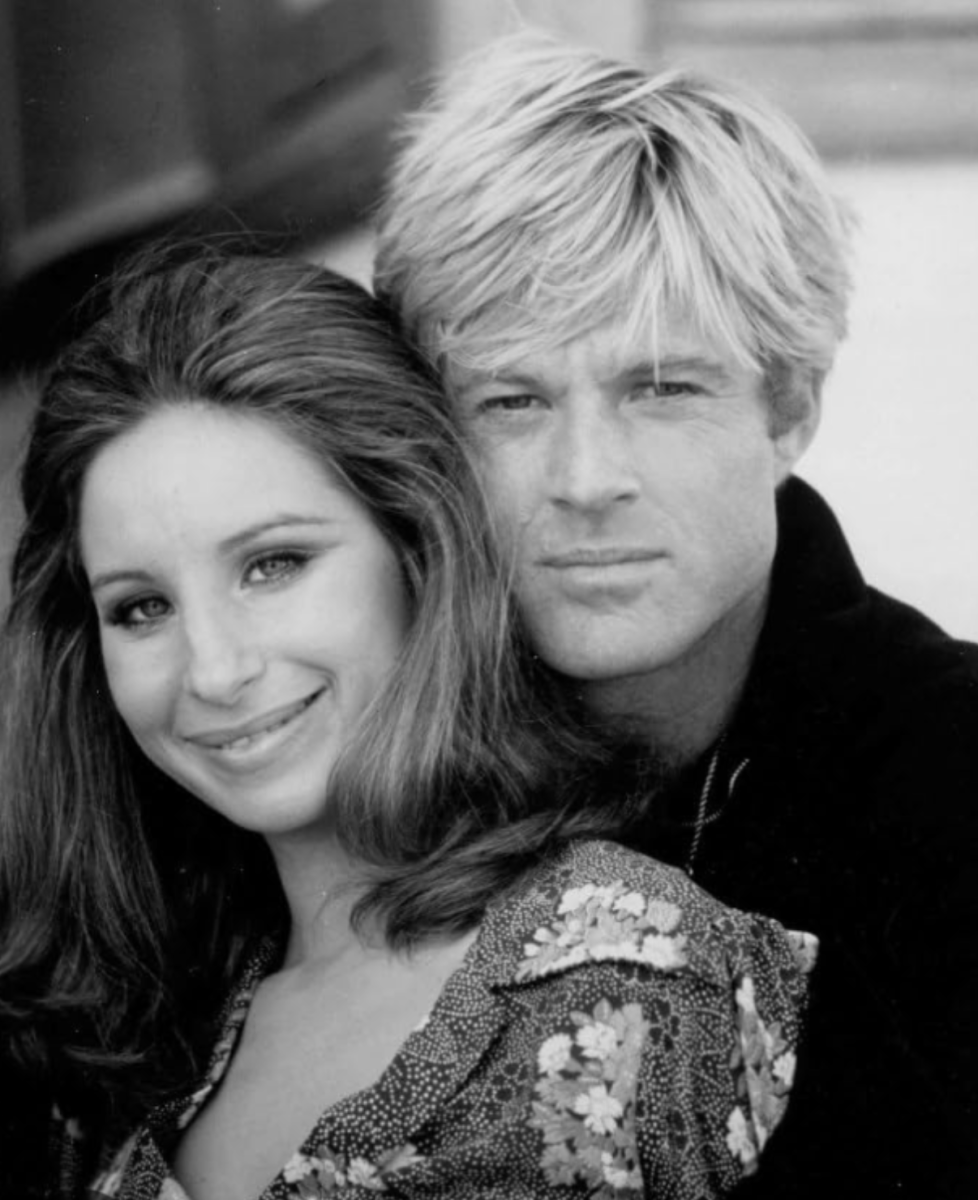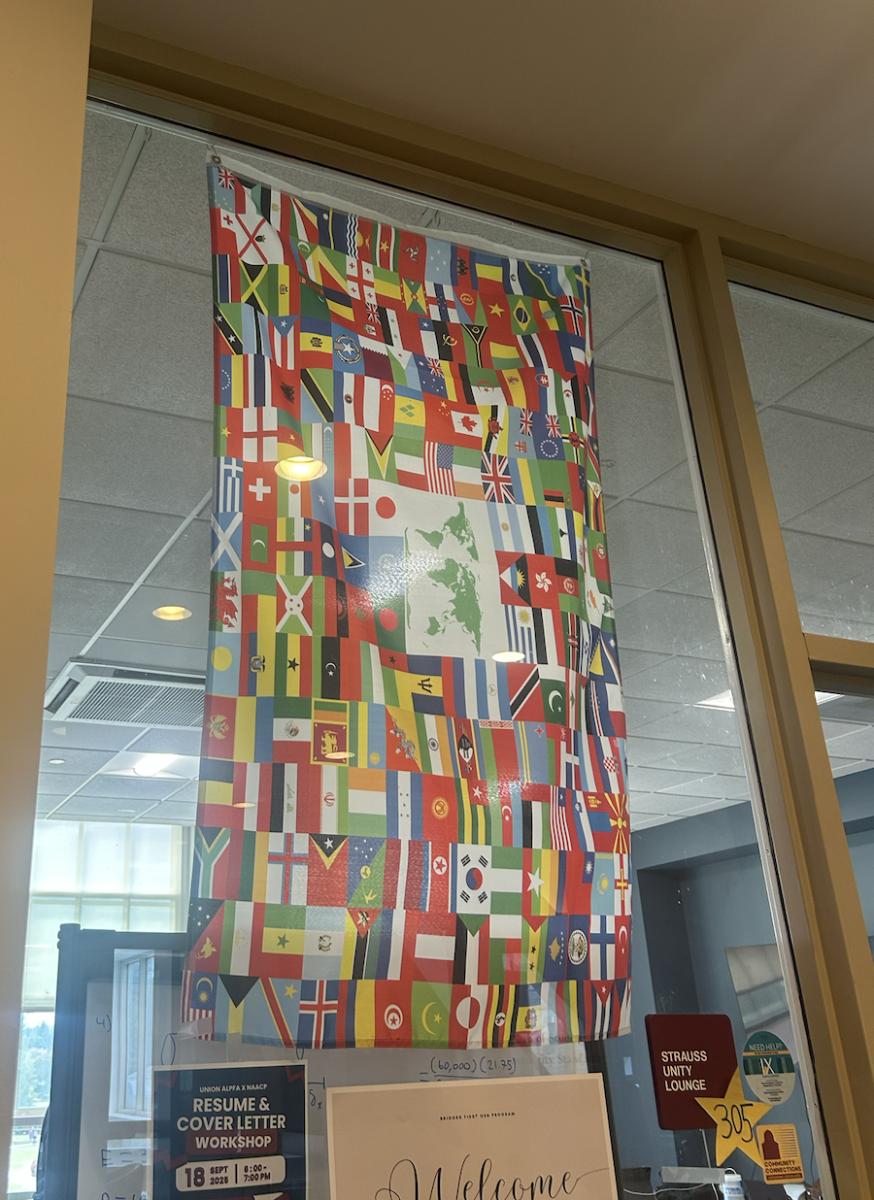
Florence B. Sherwood Professor of History and Culture Theresa Meade hosted the event. According to Meade, the talk encompassed a course on social movement being taught here at Union. Titled “A New Path: A Talk on U.S. Cuba Relations,” the talk attracted many students and faculty members alike.
The speaker was an experienced diplomat from Havana. Before Obama and Castro’s decision to establish a diplomatic relationship between the U.S. and Cuba on July 20, 2015, Fraga worked in the Cuban Embassy in Canada from 2008 to 2011. He had also been a member of the People’s Power Provincial Assembly in Havana. He graduated from the University of Havana Law School and earned a Master of Science in formulations from the Raul Roa Garcia Higher Institute of Foreign Relations.
Before the talk, the Secretary received questions from the press, including the Concordiensis. He explained his visit to Union as among the series of talks he had been giving to colleges in the U.S.
He traveled to 30 universities in 15 states to promote the positive side of Cuba, which he thought was underrepresented, and to push for a better relationship between theU.S. and Cuba, given the benefits it would bring to both countries.
Fraga stated, “We have a lot of history; we cannot change that. But if we want a better future, we need to talk today.” The diplomat started the presentation by pointing out the similarities between the Washington Memorial in D.C. and the Herson Martinez Memorial in Havana, and between the colors on the flags of the two countries.
He acknowledged the historical animosity between the Americans and Cubans but asserted that the Cubans wanted a better relationship with the U.S.
Thus, according to Fraga, his mission is to bring about a relationship “with respect and goodwill” between the two countries.The Secretary then raised some questions for the audience. The first one was, “What do you know about Cuba?”
Through this question and the many answers that he received during his visits to American colleges including Union, Fraga illustrated the limited understanding of Americans about modern Cuba – how exposures to Cuba ended at 1950s and 1960s popular culture references.
“Would you like to visit Cuba?” Fraga asked as the second question. He pointed out that Cuba had remained one of the few countries that American citizens, in spite of their powerful passports, had to obtain a permit to visit.
The last rhetorical question Fraga presented questioned if the audience considered a normal relationship between Cuba and the U.S possible. Many attendees raised their hands.
“Well, the real question is, ‘Why not?’”, said the Secretary.
In the subsequent parts of the event, the diplomat used statistics and informational figures to show the achievements of Cuba under its communist government.
He exclusively used statistics from organizations like the World Bank and the World Health Organization instead of the Cuban state to convince attendees of the information’s validity.
Among the achievements Fraga highlighted included Cuba being an upper-middle income country with a GDP ranking at number 64 worldwide, its free education and free healthcare with the world’s highest budget percentage devoted to education in 2010, high Human Development Index and so on.
After providing the audience with a wealth of information on Cuba, the Secretary asked the questions at the beginning again. He then quoted John F. Kennedy and cited Kennedy’s favorable view of the Cuban Revolution.
He also had excerpts of the U.S.’s past public record on Cuba in his presentation, which said that the embargo the U.S. placed on Cuba was initially aimed to “create hunger, desperation, and overthrow of the government.”
Consequently, the Secretary called for a normalization of the Cuban-U.S. relations and the lift of the trade embargo that had been costing Cubans over four billion dollars a year and Americans various business opportunities.
In the end, Secretary Fraga took questions from the audience. He addressed Cuba’s peaceful views on North Korea’s nuclear expansion and the misrepresentation of Cuba in Western media.
Fraga also answered an inquiry about Guantanamo Bay – the island on which the U.S. placed a naval base – from Professor Frank Wicks of the Graduate College of Union University, who commented that the Americans were twisting the agreement regarding the island’s use.
As the event came to an end, Professor Meade gave the First Secretary gifts and thanked him for the speech.


